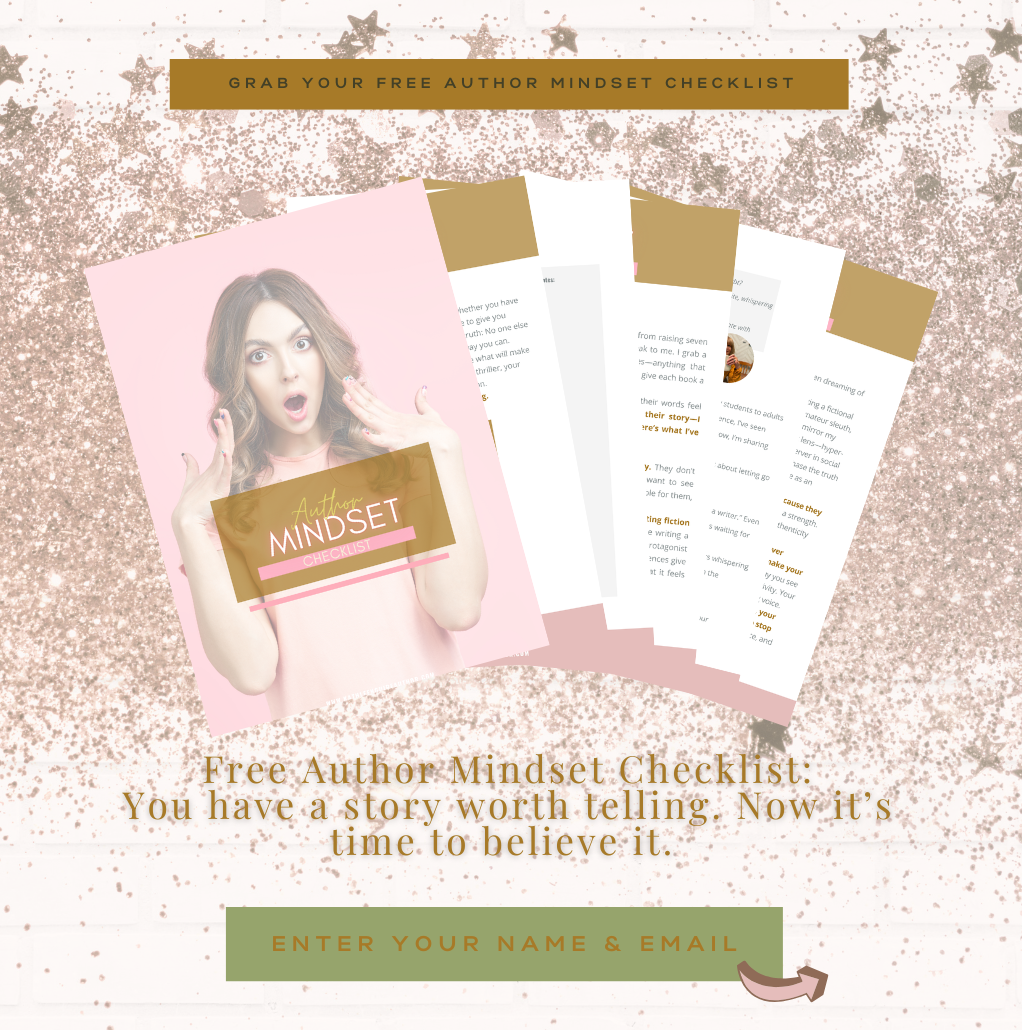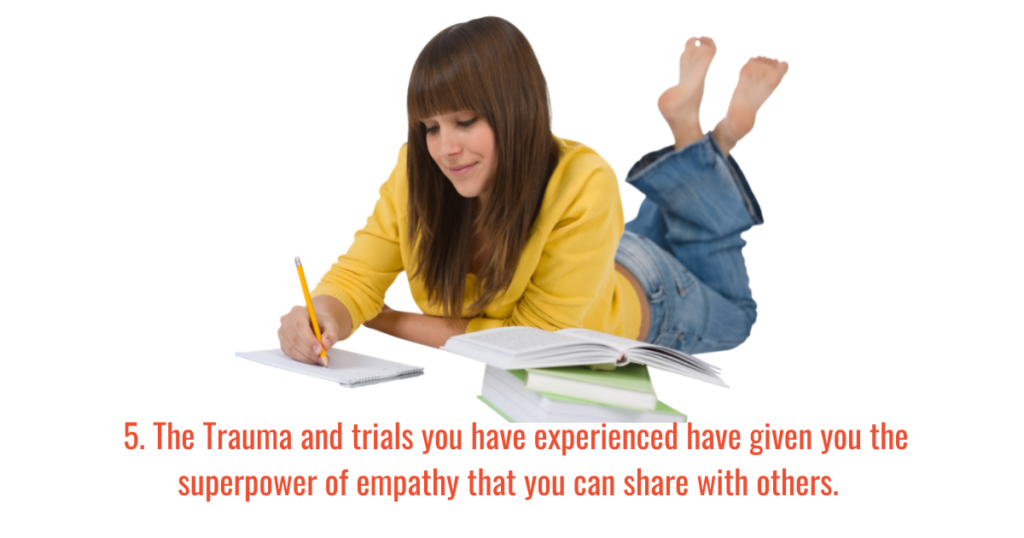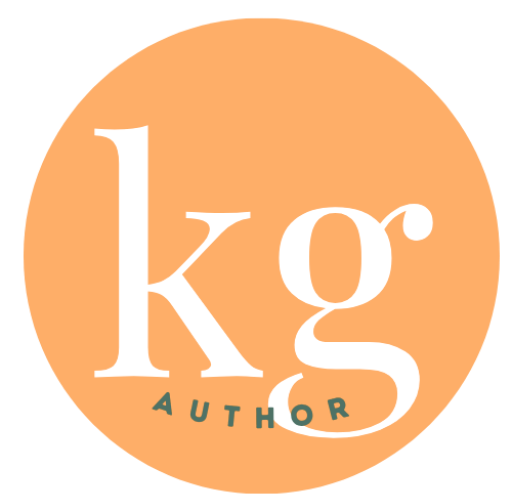Five Reasons You Can Write A Nonfiction Book If You don’t FEEL like an EXPERT
Do you want to write a nonfiction book but don’t feel like an expert?
Do you feel as if you would feel more confident if you had a degree in what you’re writing about?
Do you feel like an imposter when you write about what you’re passionate about?
One of the reasons aspiring authors don’t write the nonfiction book they’ve been dreaming of writing is they don’t feel as if they are an expert.
I understand. That was me. Before I wrote How to Have Peace When Your Kids Are in Chaos, I didn’t feel I had the expertise to write a book about how trauma-affected children.

Struggling with self-doubt as a writer? You’re not alone.
Every writer faces that little voice whispering, “Who am I to write this?” But here’s the truth—mindset is the biggest difference between writers who finish their books and those who don’t. 🚫 You don’t need more time.
🚫 You don’t need permission. ✅ You need the right mindset.
I was busy plonking away on my laptop and putting articles on my website. That grew into opportunities for speaking and presenting workshops on How Trauma Affects Kiddos. I then worked with SHIELD Task Force going into the schools presenting to teachers, counselors, bus drivers, and coaches. Before every workshop, my knees were knocking. I didn’t feel like an expert. I felt like an imposter. I didn’t deserve to be there.
But you know what? Attendees didn’t see it that way. They asked me questions and nodded their heads in agreement with my answers. Others took notes.
An intimidating football coach grabbed my elbow during the break and said, “I didn’t know I had experienced trauma when I was a child but when you started sharing, I had an epiphany.” I spent the entire break listening to his heartbreaking story. He was connecting the dots and that would help his athletes because of the trickle-down effect.
Some of these workshops occurred after the book was published. The point is, I was an expert through experience. Through having a trauma history, then adopting kiddos with a trauma history, learning a new way to parent them and myself. Through study. Through living through what I had. And learning the lessons through it. I’m going to continue this theme through the five reasons you should write a nonfiction book if you don’t feel like an expert.

You are the expert on your life. Your nonfiction book will have a theme. The theme you choose is something you have struggled with or overcome. If you’re writing Budget-Friendly Basics For Busy Moms then you have likely lived through some financial struggles. Because you have you’ve probably taken courses, read books, learned how to create a budget. Maybe you went so far into the financial pit that you had to declare bankruptcy. Now you’re a busy mom with kids and you want to help other moms navigate their finances. You don’t want them to go down into the pit of bankruptcy where you cringe when the mail comes. Or you live in fear of getting an orange foreclosure notice on the front door. You’re an expert on living on the edge of losing everything. You’re also the expert on coming out of the pit of financial disaster.

Experience creates experts.
This is so important. It’s something we often overlook. We look to the experts who have lots of letters after their names. They must know what they are talking about. They are the experts, we think, not me.
You know what I learned attending conferences? While I was hiding at the back of the room, hoping no one would expose me as just an adoptive mom with seven kids who somehow got invited to present by mistake?
Some of the “experts” had never personally experienced what they had talked about. They droned on about statistics and protocol. I found myself nodding off. Professionals walked out with their CEUS and a bunch of lifeless facts. You may think I’m exaggerating. I will add that the speaker panel from the SHEILD organization were experts because they had lived their stories.
Add facts and figures to really living the transformation and people have a compelling reason to listen which brings me to my next point.

Honestly, people want to hear stories of transformation that the author lived. I have this funny habit at the library probably acquired from having seven kids. I still apply this strategy – I grab a stack of nonfiction (self-help memoir hybrid style). When I get these books home, I give them a few chapter trial. If I don’t feel the author is an expert who lived through a transformation, I chuck it back in the bag and grab another one.
My point?
Readers want a transformation that you have lived through– not a bunch of dry facts and statistics.
You are an expert on what you overcame. You are the guide to the reader who needs to go on a journey to solve the problem they have. Not only are you sympathetic. You’re empathetic. You understand.
Who comforts (consoles and encourages) us in every trouble (calamity and affliction), so that we may also be able to comfort (console and encourage) those who are in any kind of trouble or distress, with the comfort (consolation and encouragement) with which we ourselves are comforted (consoled and encouraged) by God.
2 Corinthians 1:4 AMPC
Who you are and what you have to say is valuable, life-changing, and you are the expert on you.

You are the expert on you. There are a group of readers who need to hear what you have to say. When I say no one else can tell your story, that doesn’t mean you can’t get writing help. You can take a course, find a mentor, and dictate your book if you struggle with the physical act of writing. If you think the last suggestion is something new, just watch an old black and white film where the author paces the room, while the secretary plunks away on a typewriter. Of course, there are modern ways of handling this – dictation software. I’m getting off track here, but you get the point.
Your writing voice is unique -the way you make a point and share a scene or conversation. The ‘isms” you have all make you an expert on you.

- You can’t learn empathy in the classroom.
- You can’t buy empathy on Amazon or Etsy.
- You can’t study empathy and write a three-point plan for becoming an empath.
You have to live through a trial or trauma in order to understand and feel what others in similar situations feel.
When I say trial or trauma, I’m not ONLY speaking of sexual abuse, divorce, bankruptcy, loss of a loved one, or a housefire kind of trauma. Those are definitely book-worthy.
But if you’re reading this and thinking, I want to write about how I was a stressed-out, unorganized mom, and my home was in chaos until I learned some organizational skills. Then write about that.
Or maybe your DNA provided you with extra weight loss struggles and you through trial and error, despite the judgment of your family get healthy by eating whole foods and working out. I talked to a Mom once whose adult son told her he thought you should always feel stuffed. His family struggled with weight and health issues. He had an epiphany – not only do you not have to stuff yourself every meal but you are allowed to get hungry before you eat. It was a game-changer. Maybe that was your trial. Now you eat healthily and you’ve studied epigenetics so you know your healthy eating affects your kiddos.
When we think of someone pursuing a calling, we often picture a person who has it all together, someone who knows from the beginning what they were born to do. They have a plan… We picture someone who just knew what they were supposed to do with their lives, and at the right time,did it. But a calling doesn’t always work like that.”
Jeff Goins, The Art Of Work
You are the expert on your life. You’ve become an expert on your struggles through your experience and overcoming them. You have a powerful transformational story to offer. No one else can tell your story the way you can. You have the gift of empathy born from your struggles. You can’t learn that in a class. You can’t order it online. It’s earned through surviving trauma. You have a gift to offer others. That gift is sharing your transformation. You can guide your readers through your struggles and solutions to the problem they are trying to solve. This makes you an expert by experience on a specific problem. And because you are an expert on your life, you should write that nonfiction book.
Still not sure you should write a nonfiction book?
We’ve got you covered. Grab your free You CAN Write A Nonfiction Book: Your Five-Step Checklist!

Struggling with self-doubt as a writer? You’re not alone.
Every writer faces that little voice whispering, “Who am I to write this?” But here’s the truth—mindset is the biggest difference between writers who finish their books and those who don’t. 🚫 You don’t need more time.
🚫 You don’t need permission. ✅ You need the right mindset.
